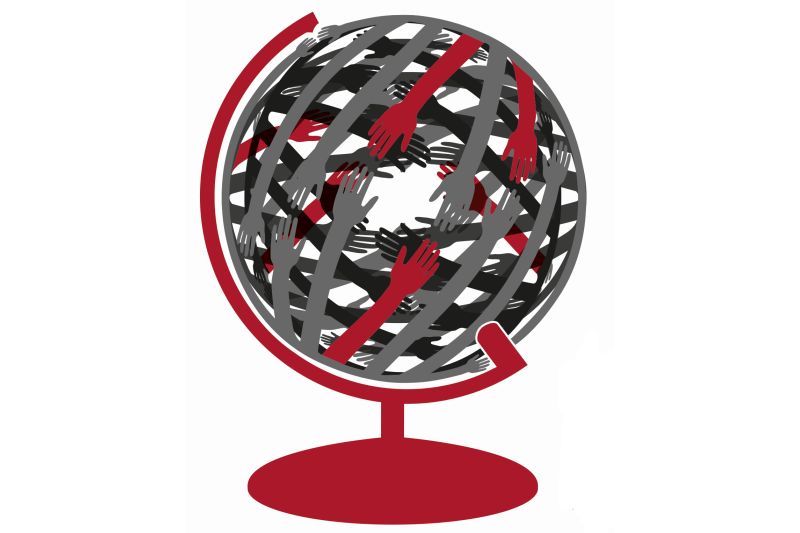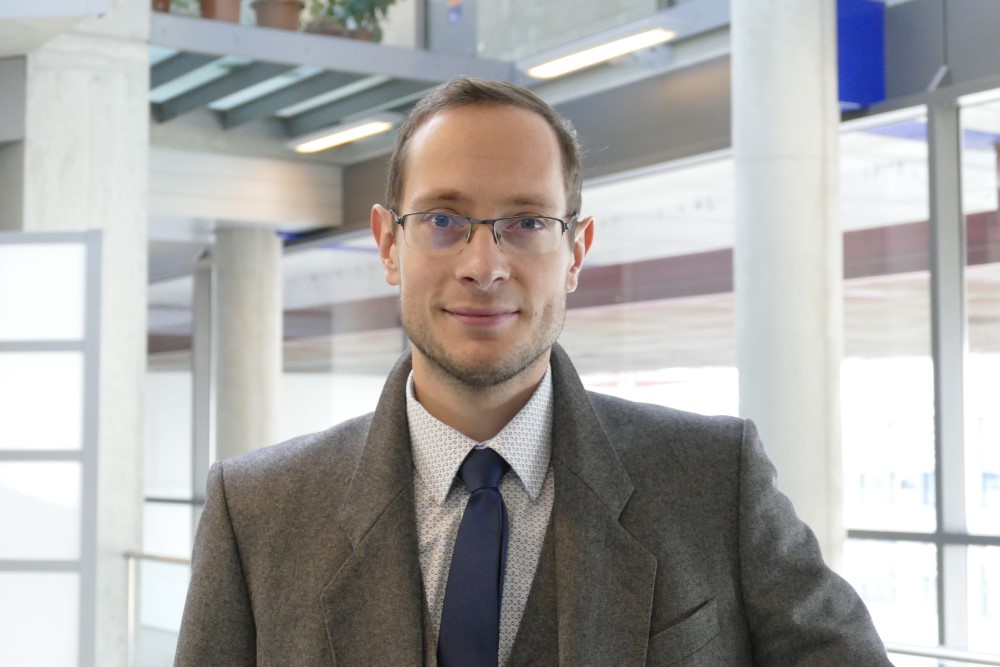REWI: Global governance has become quite a frequent term in legal and political contexts. What does it actually mean?
Jürgen Pirker: Broadly speaking, it refers to various legal, social or political instruments of governing. These might be institutionalised, like governments or international legal regimes such as the EU or the system of the European Convention on Human Rights, or not, like any diplomatic or civil society initiative or movement. Even such movements as Fridays for Future, among others, might find themselves in the focus: global governance is also about looking at contemporary phenomena and their impact on governing, global trends in power-sharing or justice-related topics like distribution of resources. Besides, global governance also extends to the digital realm of social reality: e.g., it studies the effects of digitisation on free speech online or data protection.
REWI: You also have a special connection to global governance. In 2020 you were appointed head of a department recently renamed to Global Governance at REWI Graz’s Institute of the Foundations of Law. Can you tell us more about the department and the topics Global Governance looks into?
Jürgen Pirker: The issues we address are diverse. They range from the rule of law crisis in the European Union, questions of disputed statehood like in Abkhazia in the Southern Caucasus, or religious diversity as a challenge for integration to current issues of human and minority rights. The department’s most recent projects address the resilience of regions in the global COVID-19 pandemic, minority rights in Central Europe or the rule of law within the European structures of law and governance.
REWI: Who else is part of the Global Governance team? Can you tell us more about the projects of your colleagues and your own research?
Jürgen Pirker: Most recently, we were very thrilled to welcome Professor Bilyana Petkova, who will reinforce our focus on the effects of digitisation in areas ranging from constitutional law to free speech online, federalism or urban law. One of Bilyana's first initiatives in Graz is the launch of an online Speaker Series on Advanced Topics of Law & Technology. Among the speakers feature well-known US and UK-based scholars and we will soon launch more information on this series. Still actively engaged is our spiritus rector, Professor Joseph Marko, who is working on the resilience of regions such as Styria in the global pandemic and on integration and religious diversity in Austria. Dr. Aistė Mickonytė currently pursues projects dedicated to synergies of human rights and the rule of law in Europe and together with Dr. Benedikt Harzl, one of our many affiliates, develops a Jean-Monnet-Network project aimed at fostering European studies and establishing a network of scholars in the countries of Eastern Partnership, from Belarus to Armenia. I am engaged in activities regarding memory politics and minority rights in Central Europe and in the process of publishing my comparative study of collective fundamental rights, focusing on the freedom of assembly, religion, and minority rights.
REWI: Finally, a peculiarity: The Global Governance department hosts the Faculty of Law’s Conflict – Peace – Democracy Cluster. How is the cluster evolving?
Jürgen Pirker: Within the CPD-Cluster, a network of institutions in the field of peace and conflict studies, the department is engaged within a diversity of transdisciplinary endeavours. Dr. Maximilian Lakitsch has been coordinating our cluster for a few years now. The cluster is becoming a platform for peace and conflict studies at the university and has developed a broad range of research, policy oriented and even training activities. The cluster’s current projects comprise for example mediation initiatives at the Temple Mount/Haram as-Sharif in Jerusalem, training programs for peacebuilding practitioners from (post-) conflict areas, empowerment programmes for marginalised youth in Austria, but also peace and conflict study curricula at university.
To find out more about the Global Governance department and its staff, click here.

